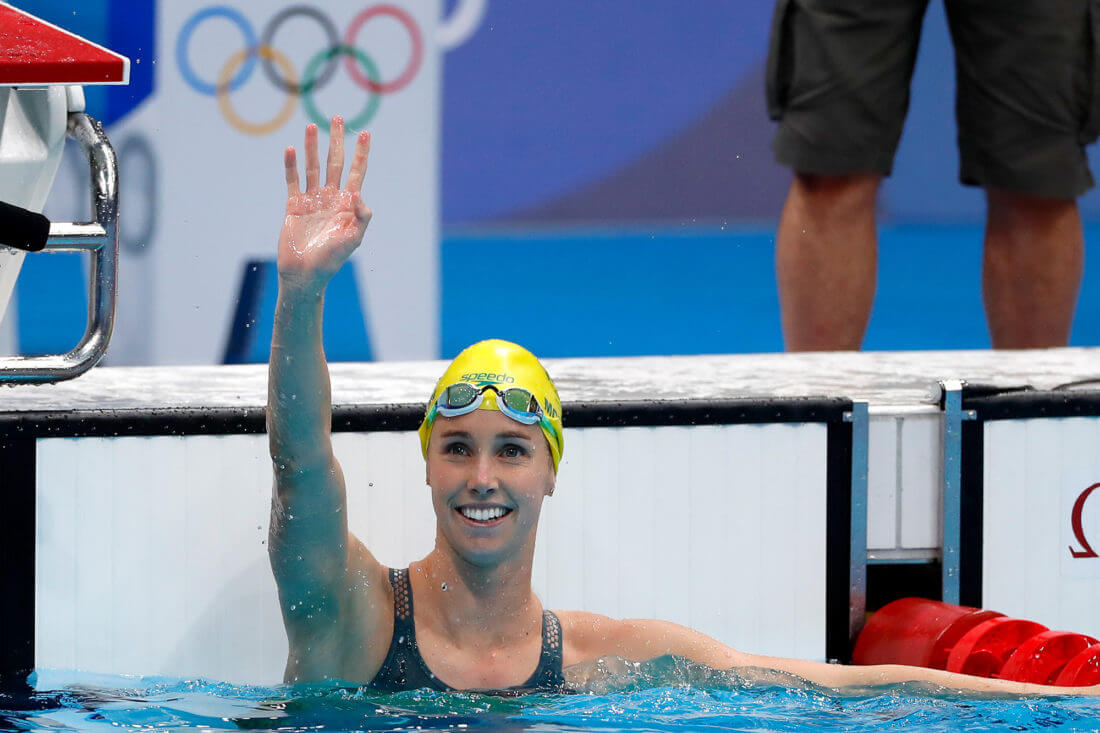Hanging Up Your Goggles: The Ins and Outs of Retirement
The only inevitability that comes attached with each part of life is that everything must come to an end. For a swimmer, this is no different. The number of considerations applicable to this point in a career are infinite. Some lose passion extremely young. Others compete until their body can no longer deliver at the level they expect.
Contemplating retirement can be extremely difficult, as much weighs upon your mind. It can be at the forefront of your thinking for weeks and months, if not years! So, what are the stages of retirement, and what sends swimmers down the path of not turning back?
What To Do When the Idea First Creeps In?
The thought of retirement can emerge in many ways. It could be sparked by a race which did not go to plan. An injury or illness setback might create the thought. Diverting one’s focus to academic or occupational fields can have an influence. Or, the heavy demands of in-season training can play a role.
It is easy to view this first thought as a nasty plague of negativity on the mind. The brain’s self-doubt mechanisms are attempting to sidetrack you from your goals. Michael Phelps, the greatest of all-time, once indicated he considered retirement as early as just after Beijing 2008. He initially retired following London 2012. Following a comeback in 2014, he retired for good following Rio 2016. However, many major news outlets – such as NBC and ESPN – did not believe this farewell would be permanent.
While some athletes don’t give that initial retirement thought much credence, it persists in others and becomes a real, and appealing, option.
When to Call Time?
One common “rule” across all sports suggests competing for one more season after those first retirement thoughts surface. It is easy to want to walk away after a result leaves you upset. However, these feelings are generally far more temporary than one might expect. When a feeling is raw, it can seem like the end of the world. Time allows for greater perspective.
There is a right time for everyone to walk away, and sometimes you have to listen to your instincts. More lasting issues than a singular bad race can, and do, weigh heavy on the mind of swimmers. Therefore, one approach is to set a date to reaffirm whether you feel like stopping. At this time, reflect on your goals, hunger and whether you are still in love with the sport.
How Does It Feel to Stop?
Swimming takes up many hours of one’s life, forges friendships, develops discipline and is the bedrock of which everything is planned. Leaving these familiarities can be a shock to the system. Furthermore, everyone is different. Some realize their decision to stop may have been a mistake and return, their love for the sport having rekindled during time away. Others may end up on the flip side, and drag themselves through training sessions after the passion has waned.
When retirement becomes an option, it may be related to curiosity. An example of this scenario is the legendary Ian Thorpe, who said the following after his 2006 retirement: “…Swimming has taken up a huge part of my life. I know there are other things I want to do…I don’t want to wake up in 20 years and regret not trying something new.”
Others may simply ascertain that they have given everything possible.
Sometimes, you get to the stage where your body can no longer produce. Father Time is undefeated for a reason. An example is Japanese breaststroker Kosuke Kitajima, who retired in 2016 after missing out on a fifth Olympics. At the time, Kitajima said: “My heart wanted to keep going, but by body couldn’t follow any more.” Distance great Grant Hackett, following his comeback attempt in the mid-2010s, said: “…you can’t turn back the clock. The hunger wasn’t the same, and that’s how you know.”
Conclusion
There is no uniform rule for when, how or why you should call time on your career. No matter what heights you have reached, the decision-making process is similar for those contemplating retirement. So are the feelings after that final race or training session.
There is plenty of advice that friends, family, teammates and coaches can provide, but deep down, the decision has to come from your heart. Every story has an end, so when you have the chance, be sure to write your chapters in the best way possible. Years down the line, you’ll be able to look back at your swimming career while brimming with pride.
